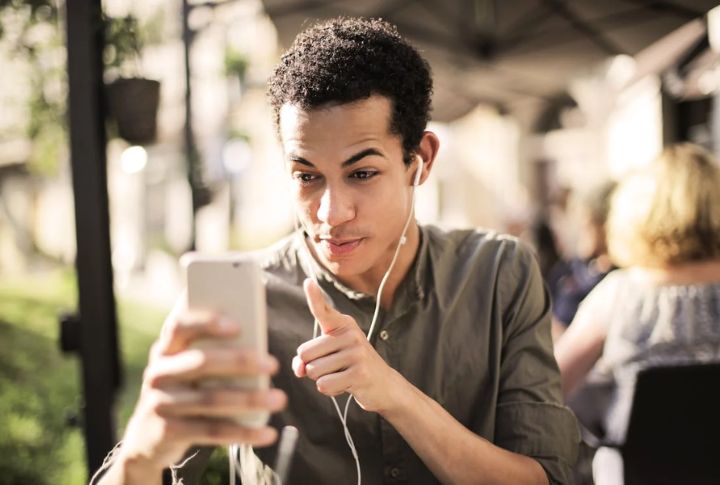
Etiquette used to feel like a tightrope. One wrong move and suddenly you were branded rude. But guess what? A lot of those “bad manners” just don’t hold the same weight anymore. This is because social rules evolve with how we live, work, and connect. So, let’s take a look at ten behaviors that used to raise eyebrows but are now totally fine in today’s world.
Texting At The Dinner Table
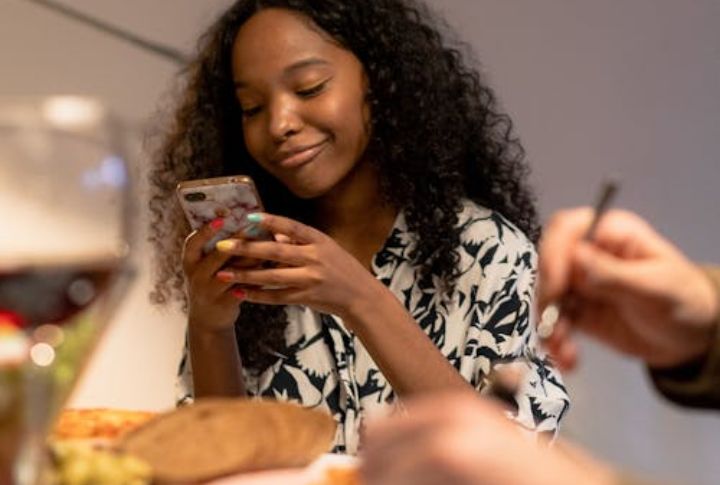
Phones play a central role in balancing work and personal life—even during meals. Moreover, for millennials and Gen Z, capturing a food photo isn’t viewed as rude but rather as part of the shared experience. This shift in perspective has led many households to adopt “flex dinners,” where phone use is permitted depending on the situation.
Wearing Hats Indoors

Originally a gesture of courtesy, the expectation to remove hats indoors has lost ground as fashion redefined hats for being year-round, all-occasion accessories. With celebrities and influencers confidently sporting hats indoors, the practice has become normalized, shifting perceptions from improper to entirely acceptable.
Saying “No” To Unexpected Visitors
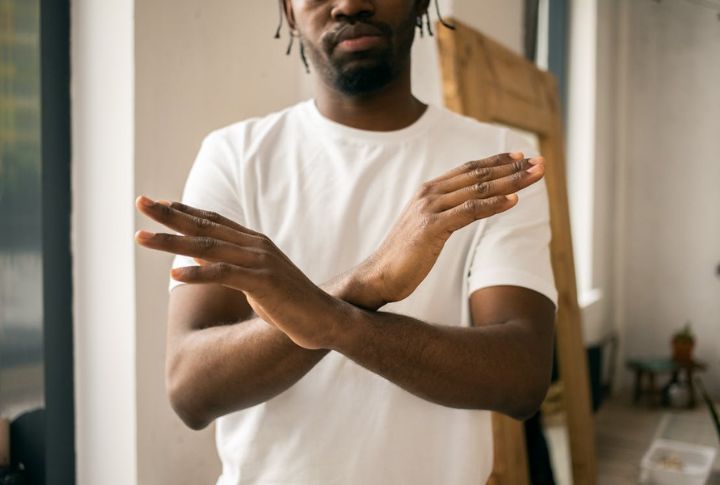
There was a time when a surprise knock at the door meant excitement—now it means hiding behind the couch. These days, homes double as offices and escape pods, making unannounced visits more disruptive than delightful. Thanks to a text-or-call-first culture, popping by without notice acts as barging into someone’s brain space.
Splitting The Bill Evenly

Gone are the days of squinting at the receipt like it’s a tax document. Modern diners know that splitting the bill evenly saves time, spares friendships, and keeps things drama-free. In casual settings, it’s all about avoiding a math meltdown and making sure everyone leaves full, happy, and still talking to each other.
Using Emojis In Work Emails
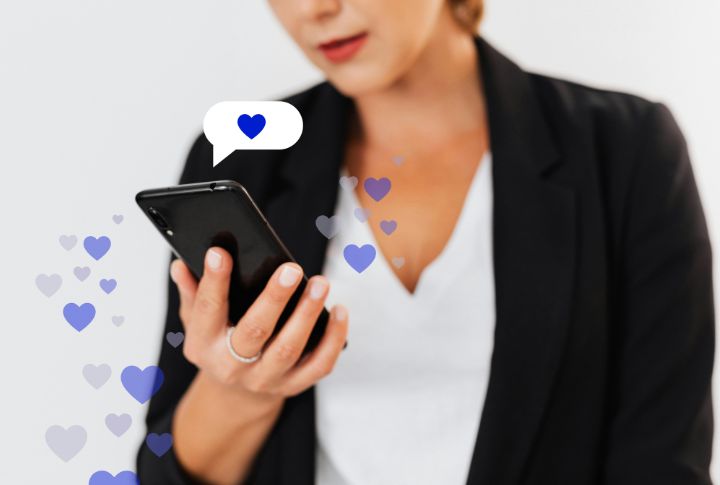
Emojis have gone from inbox taboo to trusted tone tools, softening messages and clearing up confusion one smiley at a time. Even Fortune 500 companies use them to feel less like robots and more like real people. In short, used wisely, emojis add a wink of warmth that makes work feel a little less… well, like work.
Skipping RSVP For Casual Invites
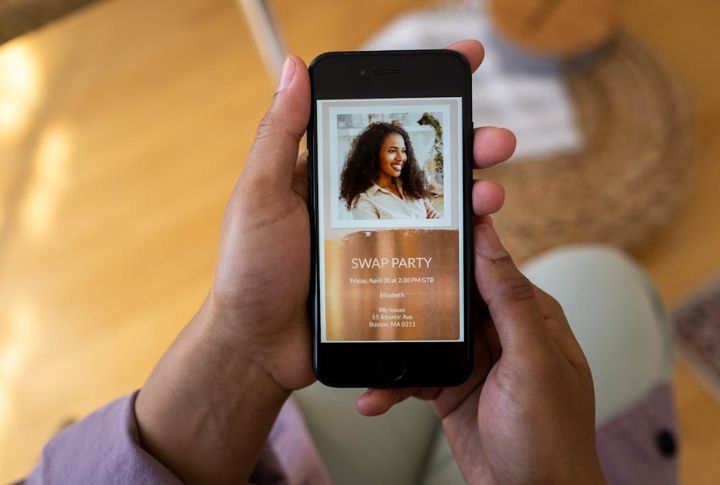
Digital invites—especially via text or socials—come with built-in flexibility, and hosts know it. Between burnout, FOMO, and calendars that shift like sand, people wait until the last second or just show up with chips. Unless a host drops a “please confirm by Friday,” a soft RSVP (or ghosting entirely) is just part of the modern party game.
Bringing Your Own Food To Gatherings

Between gluten intolerance, keto devotion, and that one friend who thinks cilantro tastes like soap, bringing your own food keeps the peace. Most hosts are secretly relieved, dodging last-minute “Do you have oat milk cheese?” crises. It’s basically about knowing what won’t send you sprinting to the bathroom or fake-smiling through tofu confusion.
Leaving Group Chats Without Notice
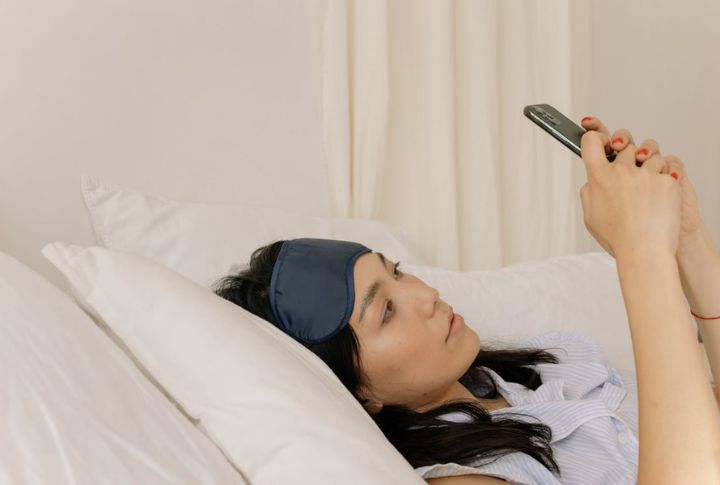
In the age of 247 unread messages about weekend plans you’re not attending, slipping out of a group chat serves as a digital detox. Even platforms like WhatsApp and iMessage now skip the dramatic “Emma left the chat” banner—because who needs that kind of pressure?
Correcting Someone’s Pronunciation

Globalization has made pronunciation quirks feel normal, not wrong, and most people appreciate the chance to get it right. Social media’s constant celebration of name pride and linguistic diversity has also turned what used to be an awkward moment into a quick, respectful reset. Turns out, correcting someone kindly can spark connections.
Not Offering A Handshake

We all remember what COVID did to our social habits—handshakes included. That once-obligatory gesture quickly got downgraded to a cautious nod or a well-timed fist bump. Now, health-conscious folks opt out without a second thought, and even business etiquette guides have caught up, offering polite ways to greet without contact.

